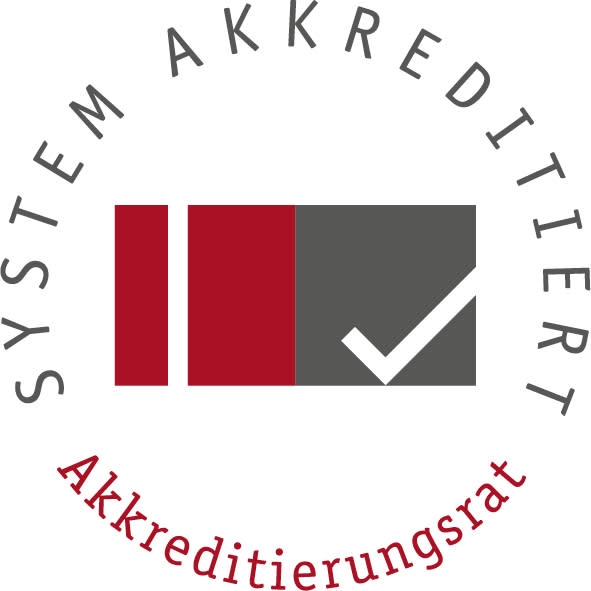What the study is about
Creating sustainable work motivation. What role does salary actually play? What other factors have an influence on motivation and satisfaction?
Retaining employees in a company in the long term. This is a challenge that every company must face in order to counteract the shortage of skilled workers and to be successful on the market in the long term. This is exactly what this study is about.
Those who are satisfied and motivated want to stay longer in a company and show more commitment. But what really makes people satisfied and motivated at work? Unsurprisingly, salary has an impact on employee satisfaction and motivation.
According to Prof. Dr. Martina Lütkewitte, although salary is an important factor, the motivational effect wears off over time and with the level of pay. Employers should rather consider salary as a hygiene factor: If the pay is not perceived as adequate, other motivational measures will come to nothing. First of all, the income must be right before other factors can motivate and satisfy in the long term.
But which factors motivate in the long term and make people satisfied? Among others, those that affect the direct work environment. The greatest significant influences on satisfaction are the working atmosphere and the relationship with superiors, including their trust and recognition. Motivation is higher the more interesting the area of responsibility, the better the working atmosphere and the greater the trust of superiors. Interest in the job becomes more important as a motivator with increasing age, whereas the relevance of a high basic salary decreases.
And what about a sense of purpose in the job? This is also motivating for one in four respondents and a significant factor influencing employee motivation. Generation X respondents in particular are positively influenced by meaningful work.
“Interesting and meaningful tasks, trust on the part of the manager and room for independent work, development opportunities, recognition and appreciation. Here lies the key to long-term motivation, satisfaction and employee retention.” Prof. Dr. Martina Lütkewitte, Professor of International Management & Head of the “Business & Management” Department at IU International University of Applied Sciences.
Download study as PDF
The most important things first:
Motivating factor 1 – Salary: The salary must be right. A higher salary makes everyone happier and more motivated. For almost half of the respondents, salary leads to motivation. And even when it comes to the dream job, a high basic salary is by far the most important factor (69.3 %). No wonder: the respondents in this study were mainly "average earners". About half of the respondents indicated a gross salary of up to 40,000 euros.
Motivating factor 2 – Well-being and appreciation: The direct working environment counts. Those who want to retain employees in the long term should pay particular attention to motivational factors that are relevant in the direct work environment. For example: behaviour/appreciation of superiors, a pleasant working atmosphere, a strong cohesion in the team, freedom in the organisation of working hours or the working location itself.
Motivating factor 3 – Interest and purpose: A good job must make sense. An interesting area of responsibility increases motivation noticeably. At the same time, the feeling of doing something meaningful is a motivating factor for 26.5% of those surveyed. The older the respondents, the more meaningful and appreciative the job should be.
About this study
Published on 10.05.2022
2,034 respondents from Germany aged 18 to 65 who are employed by an employer
Representative by age and gender
Survey period: 14.07.2021 – 23.07.2021
Contact our press team presse@iu.org
or our research team research@iubh.de
What you get for free
Information on study content & electives
Information on career prospects
Information on financing options







